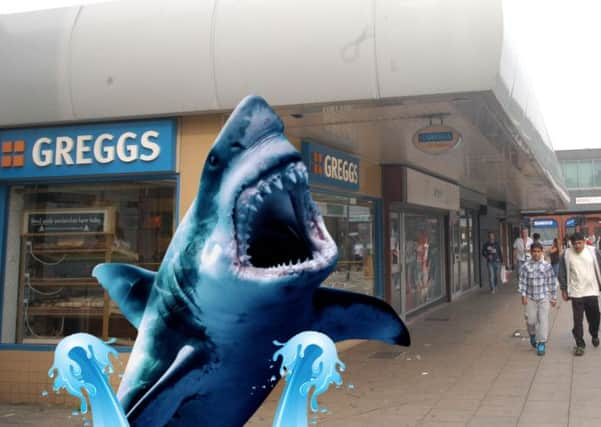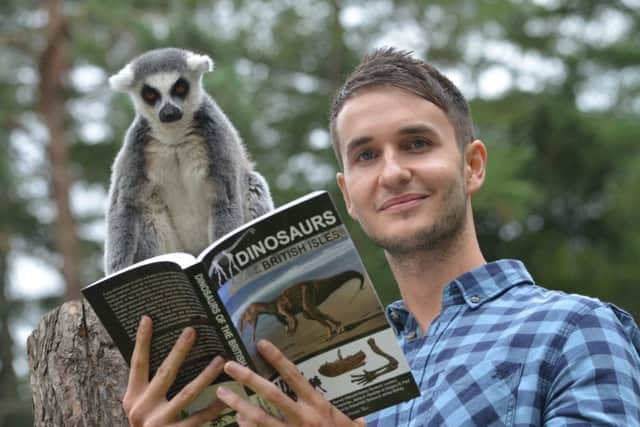Tropic of Doncaster: How the pits evolved from sharks


But the South Yorkshire town has emerged an unlikely cousin to the Congo and Amazon after three local scientists unearthed its hidden history as a tropical rainforest, thanks to its mining heritage.
A year-long search of the pit tip led to the discovery of a host of fossils, including a shark egg case and horseshoe crabs, which have uncovered an astonishing new picture of life which existed there over 300 million years ago.
Advertisement
Hide AdAdvertisement
Hide AdIt comes after archaeologist and Doncaster Heritage Services worker Peter Robinson, Balby-born palaeontologist Dean Lomax and enthusiast Brian Williams embarked on a mission to dig for fossils preserved in rocks that formed within the coal and shale deposits at a site in Edlington.


And the trio’s findings, published in the Geological Journal this week, are already making waves in the world of science. Not only does it point to the existence of swamps, lagoons and sharks beneath the streets and suburbs - some of the plants and creatures found are believed to be new to the world of palaeontology.
Mr Robinson said: “If you imagine something like the Amazonian delta with lagoons, that’s pretty much what all of South Yorkshire, or Doncaster at least, looked like.
“Scientists have known for a long time that these fossils could be found in the mines, but while the industry existed geologists were never allowed to retrieve them.
Advertisement
Hide AdAdvertisement
Hide Ad“During the 1980s and 1990s a lot of the pit tips were landscaped over and trees were planted over them because they were a bit of an eyesore, but Edlington was one of few of the untouched mining tips.
“Some searches in the UK will have hundreds of people working on them and we’re three local lads.
“We’ve only been digging for a year and we’ve already found the shark egg case and the horseshoe crabs, which are really rare.”
The project has proven particularly poignant for Mr Robinson, whose father Michael worked in Doncaster’s pits as a geologist for the National Coal Board before he was killed in a mining accident in 1984.
Advertisement
Hide AdAdvertisement
Hide Ad“You’re talking about fossils which are buried half-a-mile to a mile underground, he continued.
“Without the mining industry we would not have seen any of this. It’s because of the mining process that these deposits have been left above ground.
“It’s great to have gone back to where my dad worked and make these discoveries.”
While funding for the initial stages of the project from the Esmée Fairbairn Foundation has come to an end, the three, all of whom live within 15 minutes of the site, have agreed to continue their work.
Advertisement
Hide AdAdvertisement
Hide AdMr Lomax, honorary visiting scientist at the University of Manchester, said: “The shark egg case is particularly significant; it’s soft bodied and an unusual object to find fossilised. We hope future collecting may reveal further rare discoveries, such as dragonflies, beetles, spiders.”
Mr Robinson added: “It’s only a matter of time before we find something just as spectacular.”.